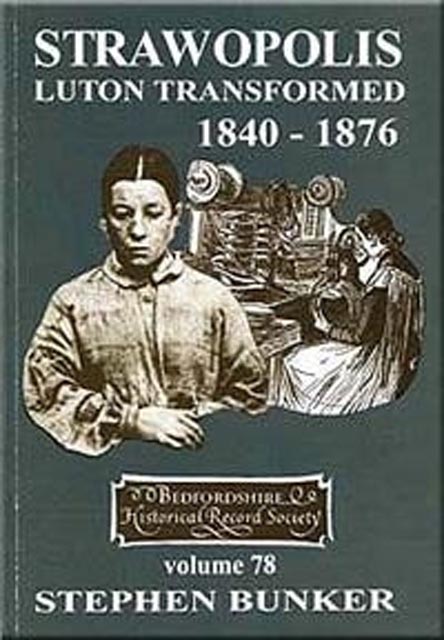Book contents
- Frontmatter
- Dedication
- Contents
- List of Illustrations
- Acknowledgements
- Abbreviations
- Introduction
- Chapter One Hats, Land and Houses
- Chapter Two The Board of Health
- Chapter Three Society: Belief and Behaviour
- Chapter Four Politics, Power and Self-determination
- Epilogue
- Biographical notes
- Notes on place names
- Bibliography
- Sources
- Name of Index
- Subject Index
- Recent Publications
Chapter Three - Society: Belief and Behaviour
Published online by Cambridge University Press: 03 August 2023
- Frontmatter
- Dedication
- Contents
- List of Illustrations
- Acknowledgements
- Abbreviations
- Introduction
- Chapter One Hats, Land and Houses
- Chapter Two The Board of Health
- Chapter Three Society: Belief and Behaviour
- Chapter Four Politics, Power and Self-determination
- Epilogue
- Biographical notes
- Notes on place names
- Bibliography
- Sources
- Name of Index
- Subject Index
- Recent Publications
Summary
It will be readily admitted by all persons conversant with Luton, that there is no place in the county, and I almost said in England, where there is greater independency of thought and action, or a freer or more unrestrained expression of opinion of every kind and shade, whether having reference to civil, political, or religious considerations. (Letter under the heading ‘Luton - Its Polemics’ Beds Times 19 January 1850)
The twenty years following the ending of the Napoleonic Wars had seen a new town created. The economic structure, the community, the topography and the very character of Luton was altered irrevocably by new forces, new demands, new people. Chapter one has shown how the old market town elite of farmers and squirarchy largely disappeared from active involvement in local life. It was replaced in the mid-nineteenth century by a new society reflecting the economic life of Luton - vibrant, open and unstable. If not great fortunes, then certainly comfortable livings could be acquired through activity in the straw hat and building trades - and also swiftly lost.
This chapter will seek to investigate the manner in which physical change was matched by changes in belief. It will endeavour to pursue this by following a thread which begins with religion (which formed an undercurrent to so much of nineteenth century belief and behaviour), through leisure, self-help, perceptions of crime and anti-social conduct, temperance and, finally, education. The establishment of Luton's first School Board occurred two years before the town achieved borough status and the febrile bitterness experienced during the education debate doubtless influenced those promoting incorporation when formulating their tactics. This chapter is, therefore, concerned primarily with the ethics and conduct, less with the structure (political developments are dealt with in chapter four). The focus will be upon the preeminent social force created by the town's economic expansion, its middle classes of hat factory owners, workshop masters, shopkeepers, clergymen, publicans and so on. It will seek to analyse the changing morals and conflicting ideologies by highlighting the major concerns of the day.
Luton's aristocracy withdrew behind the walls of their estates. In particular, John Shaw Leigh, by far the richest man in the locality, wished to play little or no part in Luton's affairs.
- Type
- Chapter
- Information
- StrawopolisLuton Transformed 1840-1876, pp. 129 - 202Publisher: Boydell & BrewerFirst published in: 2023

